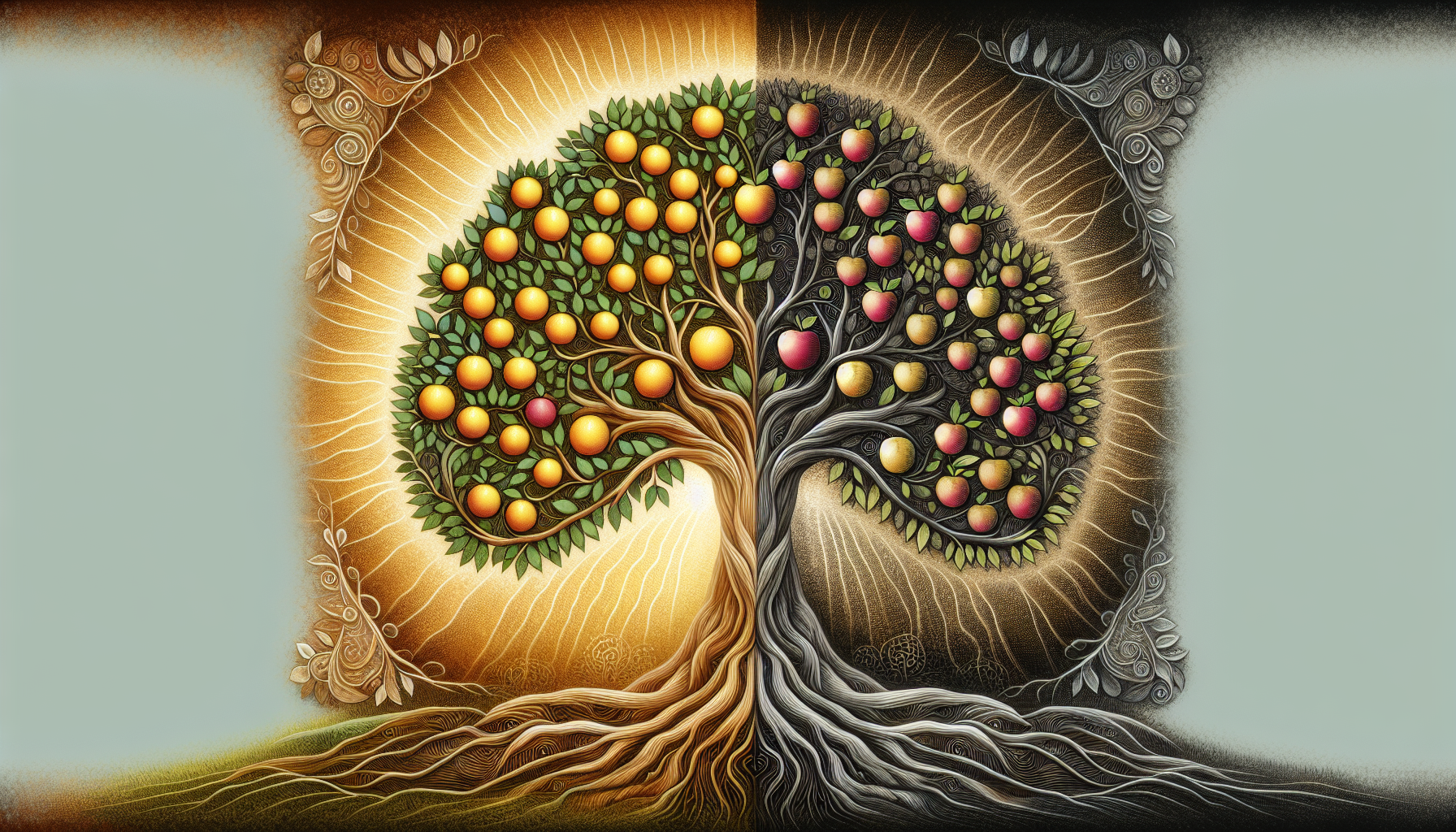The Trump Effect on American Political Discourse

One of the most notable shifts during Trump's presidency was the rise of populism in American politics. Populism, characterized by a focus on the concerns of ordinary people and often marked by a distrust of elites, gained a foothold as Trump positioned himself as a champion of the 'forgotten' American. His rhetoric often framed complex issues in simple, relatable terms, appealing directly to the emotions and frustrations of his base. For example, his slogan 'Make America Great Again' resonated with many who felt left behind by globalization and economic changes. Trump's ability to connect with his supporters on a personal level broke traditional political norms. His rallies were not just platforms for speeches; they were communal experiences that fostered a sense of belonging among his followers. This populist approach has since influenced other political figures, encouraging a style of communication that prioritizes emotional resonance over policy detail. For instance, candidates from various political backgrounds have adopted similar tactics, focusing on personal narratives and grassroots engagement to build support. This shift towards populism has redefined the expectations of political engagement, where authenticity and relatability often outweigh political experience and expertise.
Polarization of Political Dialogue
Trump's presidency exacerbated existing divisions within American society, contributing to a more polarized political landscape. His confrontational style and often incendiary remarks drew sharp lines between supporters and opponents, fostering an environment where bipartisan dialogue became increasingly rare. The phenomenon of 'us vs. them' rhetoric became pronounced, as Trump frequently labeled opponents with derogatory terms, undermining civil discourse. For instance, his frequent attacks on the media, dubbing outlets as 'fake news,' not only damaged trust in journalism but also polarized public opinion regarding credible sources of information. This environment encouraged a rise in partisan media consumption, where individuals increasingly sought out news that confirmed their existing beliefs instead of engaging with diverse perspectives. According to a Pew Research Center study, the percentage of Americans who reported feeling 'very angry' at the opposing political party increased significantly during Trump's presidency. As a result, political discussions became less about finding common ground and more about reinforcing pre-existing divides. The impact of this polarization was evident in the 2020 presidential election, where voter turnout surged but was largely along partisan lines, illustrating the deepening rifts in American society.
The Role of Social Media
Perhaps the most significant change in political discourse during Trump's presidency was the dramatic rise of social media as a primary platform for communication. Trump effectively utilized Twitter and other social media platforms to disseminate his messages directly to the public, circumventing traditional media channels. His tweets often set the news agenda, allowing him to dominate headlines and shape narratives in real-time. This direct form of communication had profound implications. It empowered Trump to speak directly to his supporters, bypassing filters that might otherwise moderate or challenge his messages. For example, Trump's tweet announcing a ban on transgender individuals serving in the military was not just a policy statement; it was a moment that showcased how social media could rapidly shift public discourse. Moreover, the immediacy and unfiltered nature of social media encouraged a culture of reaction, where responses to political events were rapid and often unrefined. The brevity of tweets and the informal nature of social media favored sound bites over in-depth discussions, further fueling polarization. As a result, political discourse became less about nuanced debate and more about viral content that could quickly capture attention and provoke outrage.
The Trump Effect on American political discourse is a complex and multifaceted phenomenon that has reshaped how politicians communicate and how the public engages with politics. From the rise of populism to the deepening of polarization and the critical role of social media, Trump's influence has left an undeniable mark on the American political landscape. As political dialogue continues to evolve, understanding these changes is essential for navigating the future of American democracy. The challenge remains for future leaders to foster a more constructive political environment that promotes civil discourse, inclusivity, and a shared commitment to democratic ideals. The legacy of the Trump era serves as a reminder that political communication is dynamic and that the methods and styles adopted by leaders can significantly impact the health of democratic dialogue. As America moves forward, it must grapple with the lessons of the past to build a more unified and respectful political discourse.
Political Communication Specialist
Core Responsibilities
Develop and implement strategic communication plans for political campaigns and initiatives.
Craft messaging that resonates with target audiences, utilizing social media and traditional platforms.
Analyze public sentiment and media coverage to adjust messaging strategies effectively.
Required Skills
Strong writing and verbal communication skills, with an emphasis on persuasive rhetoric.
Proficiency in social media management and digital marketing tools.
Experience in public relations or political campaign settings.
Common Employers
Political parties
advocacy organizations
campaign committees
Social Media Analyst
Core Responsibilities
Monitor, analyze, and report on social media trends and public sentiment regarding political discourse.
Collaborate with communication teams to develop content that aligns with trending topics and audience interests.
Utilize data analytics to measure the impact of social media campaigns on political engagement.
Required Skills
Proficiency in social media analytics tools (e.g., Hootsuite, Sprout Social).
Strong analytical skills to interpret data and derive actionable insights.
Background in political science or communications is a plus.
Common Employers
Political campaigns
NGOs
media organizations
Political Campaign Manager
Core Responsibilities
Oversee all aspects of a political campaign, including strategy development, fundraising, and voter outreach.
Coordinate with various teams (communications, finance, field) to ensure cohesive campaign execution.
Analyze polling data and voter demographics to target outreach efforts effectively.
Required Skills
Strong leadership and organizational skills, with experience managing teams.
In-depth understanding of electoral processes and campaign finance laws.
Excellent networking and relationship-building abilities.
Common Employers
Political candidates
nonprofit organizations
advocacy groups
Media Relations Coordinator
Core Responsibilities
Establish and maintain relationships with journalists and media outlets to promote political narratives.
Draft press releases, statements, and other materials to communicate key messages to the media.
Prepare spokespeople for interviews and public appearances, focusing on message consistency.
Required Skills
Exceptional writing and editing skills, with a keen eye for detail.
Experience in crisis communication and managing media inquiries.
Familiarity with the political landscape and current events.
Common Employers
Political organizations
government agencies
public relations firms
Public Policy Analyst
Core Responsibilities
Research and analyze policy issues, providing insights and recommendations to political leaders or organizations.
Prepare reports and presentations that communicate findings to stakeholders, including lawmakers and the public.
Monitor legislative developments and assess their implications for various interest groups.
Required Skills
Strong analytical and critical thinking skills, with proficiency in quantitative and qualitative research methods.
Excellent written and verbal communication skills for conveying complex policy issues clearly.
Background in economics, political science, or public administration preferred.
Common Employers
Think tanks
government agencies
advocacy organizations


